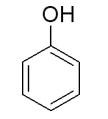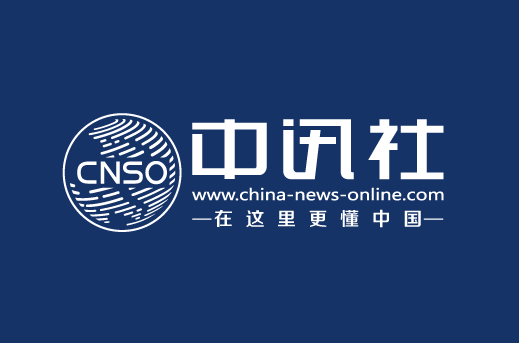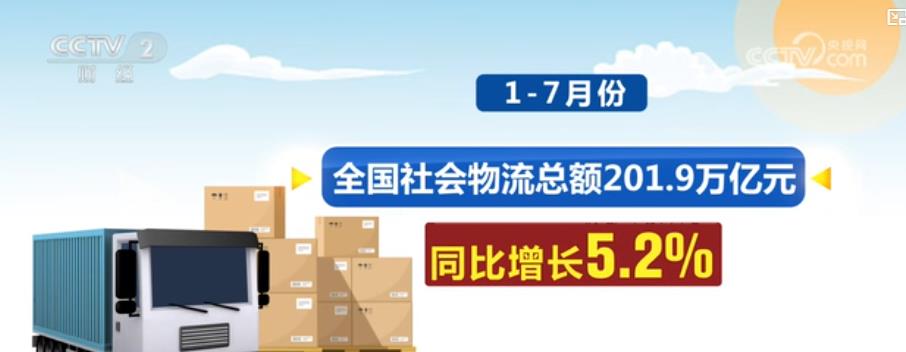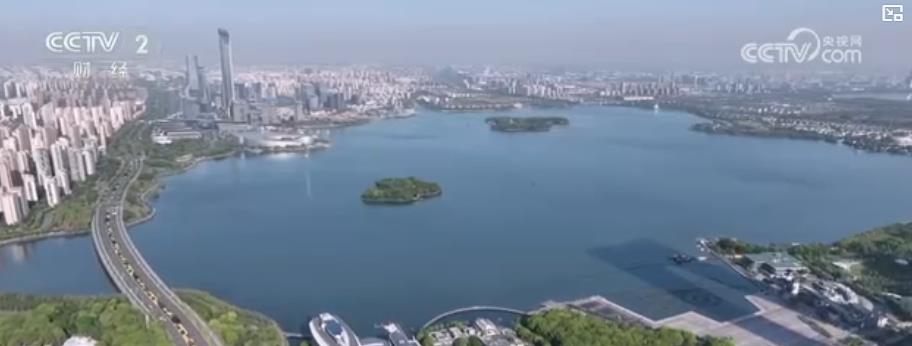CCTV News: On August 28, the Ministry of Commerce announced the final review of the anti-dumping measures applied to imported phenol originating from the United States, the European Union, South Korea, Japan and Thailand. The details are as follows: On September 3, 2019, the Ministry of Commerce issued Announcement No. 37 of 2019, deciding to impose anti-dumping duties on imported phenol originating in the United States, the European Union, South Korea, Japan and Thailand starting from September 6, 2019. The anti-dumping duties are 244.3% for US companies, 287.2%, EU companies, 30.4%, Korean companies, 12.5% for Korean companies, 23.7%, Japanese companies, 19.3% for Thai companies, 10.6% for Thai companies, 28.6%, and implementation period is 5 years.
On January 29, 2021, the Ministry of Commerce issued Announcement No. 3 of 2021. According to the announcement, after the Brexit transition period ended on December 31, 2020, the trade remedies previously implemented against the EU will continue to apply to the EU and the UK, and the implementation period will remain unchanged; after this date, the UK will no longer be treated as an EU member state.
On April 26, 2023, the Ministry of Commerce issued Announcement No. 15 of 2023, deciding that Thailand State Petroleum Global Chemical Co., Ltd. will inherit the tax rates and other rights and obligations applicable to PTT Phenol Co., Ltd. in phenol anti-dumping measures.
On September 5, 2024, in response to the application of China's phenol industry, the Ministry of Commerce issued Announcement No. 36 of 2024, deciding to conduct a final review and investigation on the anti-dumping measures applicable to imported phenol originating in the United States, the European Union, South Korea, Japan and Thailand starting from September 6, 2024. The applicant has not filed a final review and investigation application for anti-dumping measures applicable to imported phenol originating from the UK. From September 6, 2024, the anti-dumping measures applicable to imported phenol originating from the UK will expire.
The Ministry of Commerce investigated the possibility that the dumping of imported phenol originating from the United States, the European Union, South Korea, Japan and Thailand will continue or recur, as well as the possibility that damage to China's phenol industry will continue or recur. Based on the investigation results and in accordance with Article 48 of the Anti-Dumping Regulations of the People's Republic of China (hereinafter referred to as the Anti-Dumping Regulations), the Ministry of Commerce made a re-examination ruling (see attachment). The relevant matters are now announced as follows: 1. Re-examination ruling
The Ministry of Commerce ruled that if the anti-dumping measures are terminated, the dumping of imported phenol originating from the United States, the European Union, South Korea, Japan and Thailand on China may continue or recur, and the damage to China's phenol industry may continue or recur.
2. Anti-dumping measures
In accordance with Article 50 of the Anti-dumping Regulations, the Ministry of Commerce proposes to the State Council Tariff Commission to continue to implement anti-dumping measures based on the results of the investigation. The State Council Tariff Commission, based on the recommendation of the Ministry of Commerce, will continue to impose anti-dumping duties on imported phenol originating from the United States, the European Union, South Korea, Japan and Thailand, with an implementation period of 5 years.
The scope of products for the anti-dumping duty is the product to which the original anti-dumping measures are applicable, which is consistent with the scope of products in Announcement No. 37 of 2019. Specific as follows:
Product name: Phenol
English name: Phenol
Chemical molecular formula: C6H5OH
Chemical structural formula:

Product description: Phenol is usually colorless needle-shaped or white block crystals at room temperature, soluble in alcohol, ether, chloroform, glycerin, carbon disulfide, slightly soluble in water at room temperature, almost insoluble in petroleum ether, has strong corrosion and is combustible.
Main uses: Phenol is an important organic chemical raw material, mainly used to prepare industrial raw materials such as phenolic resin, bisphenol A, caprolactam, alkyl phenol, salicylic acid, etc., and can also be used as solvents, reagents and disinfectants. It is widely used in synthetic fibers, plastics, medicines, pesticides, fragrances, dyes, coatings and oil refining industries.
This product is classified as "Import and Export Tax Rules of the People's Republic of China": 29071110.
According to the provisions of the Ministry of Commerce Announcement No. 37 of 2019 and 15 of 2023, the anti-dumping tax rates for each company are as follows:
US companies:
1. Ineos American Company 287.2%
(INEOS Americas LLC)
2. American Lanco Operations Co., Ltd. 244.3%
(Blue Cube Operations LLC)
3. Other American Company 287.2%
EU Companies:
All EU Companies 30.4%
Korean Companies:
1. Kumho P&B Chemical Co., Ltd. 12.5%
(KUMHO P&B CHEMICALS, INC.)
2. LG Chemical Co., Ltd. 12.6%
(LG CHEM, LTD.)
3. Other Korean companies 23.7%
Japanese companies:
1. Mitsui Chemicals, Inc. 19.3%
(Mitsui Chemicals, Inc.)
2. Other Japanese companies 27.0%
Thai companies:
1. Thailand National Petroleum Global Chemical Co., Ltd. 10.6%
(PTT Global Chemicals Company Limited)
2. Other Thai companies 28.6%
3. Methods for imposing anti-dumping duties
From August 29, 2025, import operators shall pay corresponding anti-dumping duties to the customs of the People's Republic of China when importing imported phenol originating from the United States, the European Union, South Korea, Japan and Thailand. Anti-dumping duty is calculated based on the taxable price of imported goods determined by the customs. The calculation formula is: Anti-dumping duty amount = Customs determine the taxable price of imported goods × Anti-dumping duty rate. The value-added tax in the import process is calculated based on the taxable price of imported goods determined by the customs and the tariff and anti-dumping duties as the taxable price.
4. Administrative reconsideration and administrative litigation
According to Article 53 of the Anti-Dumping Regulations, if you are dissatisfied with this reconsideration decision, you may apply for administrative reconsideration in accordance with the law, or you may file a lawsuit with the people's court in accordance with the law.
V. This announcement shall be implemented from August 29, 2025






